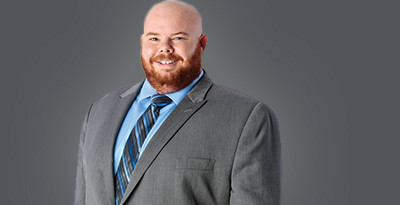Bars + Restaurants NOT Required to Transfer Liquor Permits During State of Emergency
April 8, 2020
Smart Summary
- During the state of emergency, liquor permit holders are NOT required to transfer licenses back to the Division of Liquor Control.
- There is a 30-day grace period in effect that begins once the state of emergency is lifted.
- Businesses will have decisions to make about whether to temporarily close while they rebuild post-emergency in order to comply with the Division rules.
The Department of Commerce – Division of Liquor Control (the “Division”) has offered an answer to bars and restaurants wondering whether they would have to temporarily close and transfer their permits back to the Division for safekeeping per standard protocol. And that answer is no, at least for now.
As we all know, the COVID-19 state of emergency in Ohio has had devastating effects on the restaurant and food service industry. Restaurants operate on slim margins in the best of times and with people ordered to stay home, restaurant owners across the state have been forced to decide whether to switch to a take-out and delivery model or to shutter entirely.
Businesses that choose to shutter, even if only temporarily, have been unsure of the impact of that closure on their liquor permit(s). Traditionally, under Ohio law, any permit holder whose permit premises are destroyed or made unusable for any cause, or whose tenancy is terminated for any cause, is required by law to deliver that permit back to the Division to hold. If the permit expires while in safekeeping, the holder may renew it only once, with an exception for those whose premises are still under construction.
Another avenue available to permit holders who have been operation for at least six months (or less if they can show “just cause”), is to request authority to temporarily close their business. Such a request must be made via an affidavit to the Division and specify a length of closure between 30 and 180 days. Closure longer than 180 days would only be granted if the permit holder can demonstrate “good cause.”
These rules can be confusing and offer more questions than answers for permit holders, such as:
- What qualifies as “just cause” or “good cause?”
- If I close my business temporarily, but indefinitely, due to COVID-19, are the premises considered “unusable” and do I then have to transfer my permit to the Division for safekeeping?
- If I request temporary closure how long should I request, given that no one knows how long the emergency will last?
These are all legitimate questions and, more importantly, the right questions to ask to protect your business from citations or future cancellation by the Division. Thankfully, the Division has provided us with a reasonable solution.
For the time being, there is no need to file anything with the Division while the state of emergency is in effect. However, if your business remains closed thirty days after the state of emergency is lifted, then you will need to take one of the steps outlined above. We understand there may be no way for you to know what position you will be in when the state of emergency is lifted, but we are all in this together and we are here to help you evaluate your position and the options available.
Attorney Robert Dove works closely with bars, restaurants, and other consumer-focused businesses in leveraging and protecting their liquor permits. He is are also a key member of the firm’s Ohio Restaurant Association legal team, providing counsel to clients throughout the hospitality industry supply chain.

